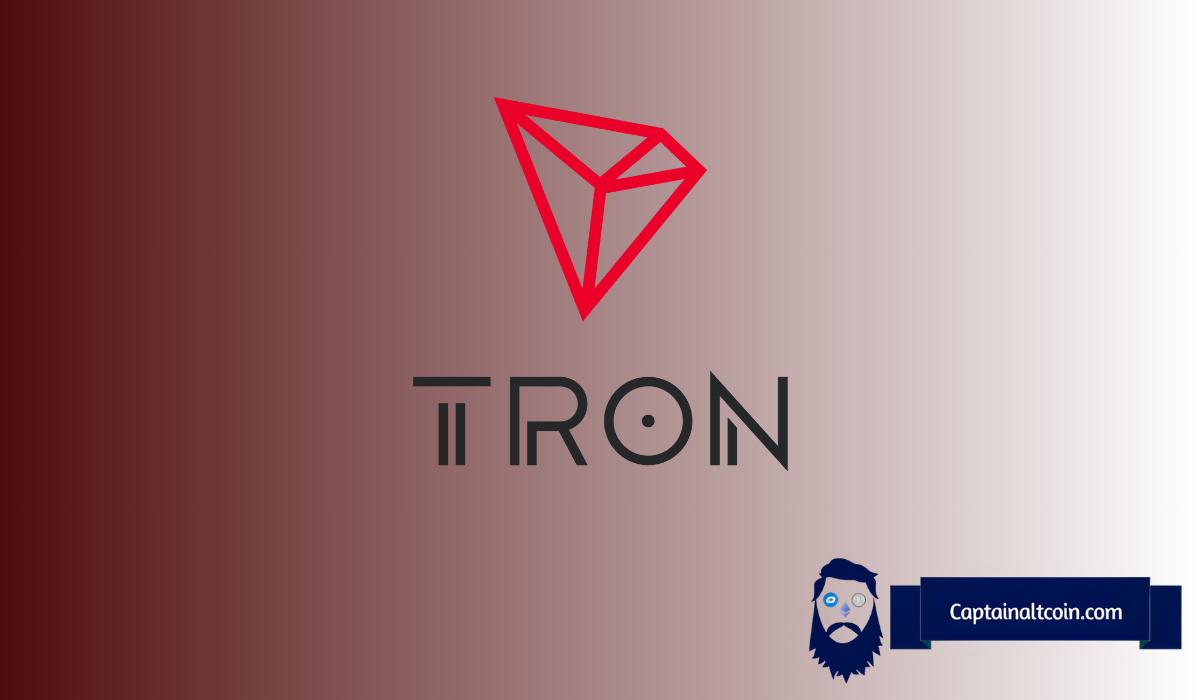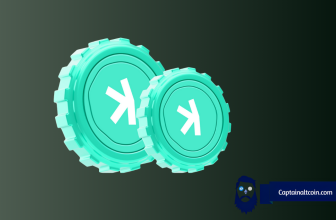
TRON continues to quietly dominate while most people aren’t even paying attention. The network’s daily activity is massive, more than 10 million transactions and close to 3 million active wallets every single day, according to data shared by community member Catolicc.
With TRX price now trading around $0.3234, the big question is what could actually move it. Well, here are three key reasons that could shape where TRON goes from here, both the good and the bad.
What you'll learn 👉
Stablecoin Dominance (Bullish Impact)
Let’s start with the biggest strength. TRON is still the undisputed king when it comes to stablecoins. It now hosts over $82 billion worth of USDT and handles nearly 60% of global Tether transfers.
That’s an insane level of activity for one network. In Q3 2025 alone, TRON had a record $15.6 trillion in stablecoin volume.
So the @trondao is dominating the metrics that matter.
— catolicc 🔺 TRX (@Catolicc) October 16, 2025
10.38M daily transactions $TRX
2.83M active wallets in 24 hours
Steady, then all at once. pic.twitter.com/HAI70jiZ4t
That means the more USDT that gets deployed for payments, remittances, and DeFi, the more demand there will be for TRX, which powers them.
That makes TRON an essential part of the crypto ecosystem. If this trend keeps going, analysts predict TRX could catapult to the $0.35 to $0.40 range in the coming months.
Read Also: If Bitcoin Breaks Below This Level, $19 Billion in Liquidations Will Look Like Peanuts
Regulatory Scrutiny (Bearish Risk)
Of course, there’s always a catch. The Basel Committee has put stablecoins in its sights recently, designating them as a priority for 2026.
That would make banks that deal in crypto subject to stricter capital requirements, which would encourage them to be more reluctant to hold or use TRON-based assets.
That said, TRON does have one advantage here, it’s already compliant with MiCA, the European Union’s regulatory framework for crypto. So while other projects might struggle to adjust once these new rules hit, TRON is already one step ahead.
Network Efficiency Upgrades (Mixed Impact)
Back in August 2025, TRON introduced Proposal 104, which cut energy fees by 60%. That’s huge for users; transactions are faster and cheaper than ever.
The trade-off, though, is that lower fees mean fewer TRX tokens are being burned. That changes the tokenomics slightly, making TRX less deflationary.
However, reduced fees increase the network’s attractiveness to developers and new users, which can more than offset the diminished burn rate if usage continues to grow. It’s a short-term concession, potentially worth it in future development.
Read Also: This Solana ETF Will Go Live, Here’s What It Means for $SOL Price
Conclusion
TRON price over the next few months will depend on how well it balances its strengths and risks. On one side, it’s dominating the stablecoin market and improving its network efficiency.
On the other hand, regulators are watching more closely, and changes in tokenomics could limit upside if user demand slows down.
Even so, TRON’s fundamentals look solid. Institutional interest is growing, and with talks about a possible Nasdaq-listed TRON Inc. floating around, the project’s visibility is only getting stronger. The question now is whether this momentum, and those massive USDT volumes, can finally push TRX price into its next real rally before the year ends.
Subscribe to our YouTube channel for daily crypto updates, market insights, and expert analysis.







